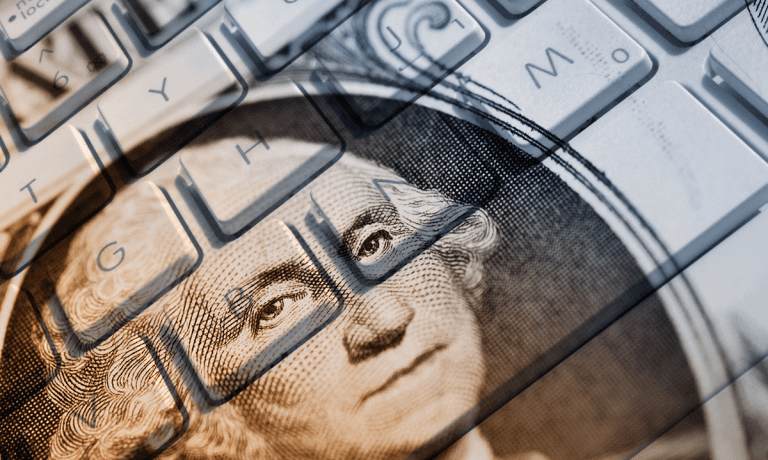Partisan Fight over Digital Dollar Looms Larger

Reports that the Treasury Department is behind building a digital dollar before deciding whether to launch it will set off a partisan battle in Washington that’s been looming for a year.
That was clear in a letter two-dozen Republican members of the House Financial Services Committee wrote the Fed Vice Chair Lael Brainard on Thursday (Sept. 8), demanding more details about the goals for a central bank digital currency.
Aside from the decidedly nonpartisan call for Congress to authorize the creation of a CBDC before it is launched — pretty much every member agrees with that — it pointed to three issues that the GOP has been staking out a position on since the twin issues of a digital dollar and the need for a regulatory framework for cryptocurrency hit the Capitol.
The first two are protecting “the use of digital assets and other private-sector innovative payment methods” — including increasingly controversial stablecoins — and protecting banks from being cut off from their customers and the deposits they bring.
The third is whether her promise that the Fed would not “move ahead” on a CBDC without “support” from Congress and the Executive Branch meant a law explicitly authorizing one.
That gained more force later that same day when a report emerged that the Treasury Department would recommend building a digital dollar before actually deciding if it is in the “national interest” to actually launch one.
See also: ‘National Interest’ Said to Drive US Treasury Support of Digital Dollar
A fourth issue is looming — on privacy and the ability of the government to see what people are spending digital dollars on. However, there isn’t much of a “more surveillance” faction at this point, although the details of anti-money-laundering compliance may eventually create a law-and-order focused one.
Three Battles
Protecting innovative new private sector payments methods is a fight that has been building for a year, and it’s often expressed as an order of importance. With very few exceptions, pretty much everyone in Congress is for protecting innovation and consumers. But Democrats have emphasized consumer protection while Republicans focused on innovation first.
It’s a difference that will get less subtle after the various government departments and agencies issue the recommendations due this month under President Biden’s March executive order on crypto.
The second, protecting banks from disintermediation, includes issues ranging from the need for citizens to hold CDBCs in accounts with private banks and institutions rather than directly in individual Fed accounts to whether banks will be able to loan out those deposits or keep them segregated like securities — issues banks have said will gut their business model and slash the amount of credit available to consumers — particularly during financial downturns and crises, when it is needed most.
Read more: Heyday or Doomsday? Regulators, Banks at Odds Over CBDCs
Banks have turned out very strongly against a CBDC, but have found little sympathy among some Democrats who are more skeptical of the industry.
“There is a ‘don’t take my cheese’ opposition coming largely from the banks who view the CBDC as a potential disrupter of their very profitable payment systems,” Rep. Jim Himes (D-Conn.), who is a CBDC supporter, told Politico in August.
As for the third issue, while the Fed moving ahead with a CBDC without explicit congressional authorization doesn’t draw much difference of opinion in Congress, it could certainly turn into a partisan fight when the Biden Administration’s policies come out.
See more: US Stablecoin Bill Hits a Snag as Negotiations Break Down
And if the report saying the Treasury Department wants to move ahead with designing and building a CBDC before the country decides whether to issue one is accurate, that battle may begin this week.
For all PYMNTS Crypto coverage, subscribe to the daily Crypto Newsletter.